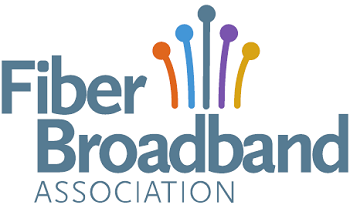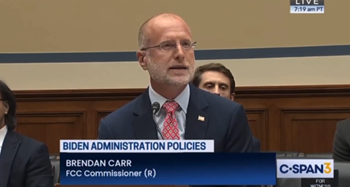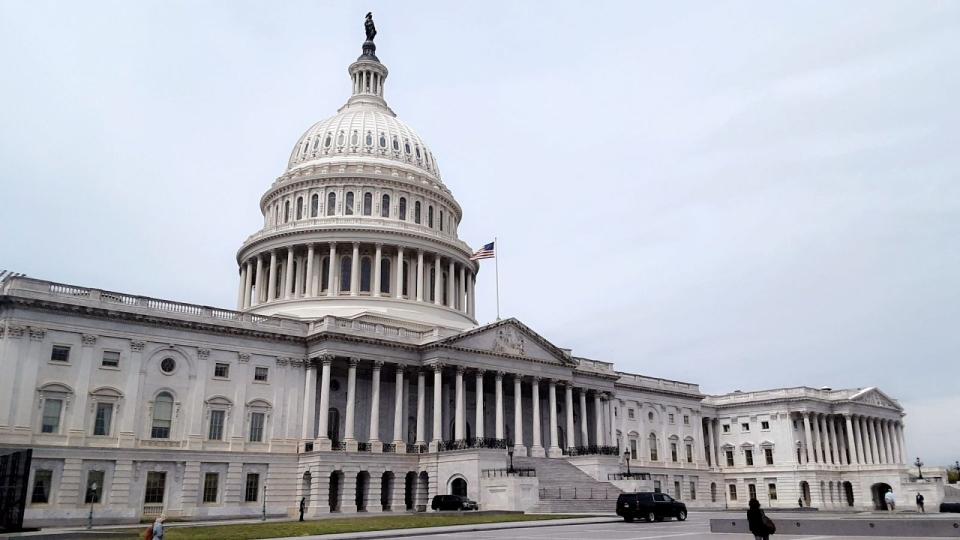States Moving Ahead With BEAD Processes
*The following story by Broadband Breakfast Reporter Jake Neenan was originally published here.
States are moving ahead with their Broadband Equity, Access, and Deployment program processes after the Commerce Department extended for 90 days the deadlines for final spending plans.
“In Michigan, we are in the thick of reviewing, scoring, and deconflicting 392 applications that we received in our first grant round,” said Eric Frederick, head of the state’s High-Speed Internet Office. “It’s a very busy time for us.”
He spoke Wednesday on a Fiber Broadband Association webinar.

The state received 32 applications to serve more than 78 percent of its 248,000 eligible locations in its first round, which ended April 9 and was restricted to fiber projects. Frederick said the state is planning to start discussing grant agreements with successful round one applicants “within the next month or so.”
Michigan is also planning to release a draft of its BEAD grant agreement, the contract grant winners will ultimately sign with the state, this week for public comment, Frederick said. The state was allocated more than $1.5 billion from the $42.45 billion program.
The Trump administration on Tuesday gave all states a 90-day extension on their deadlines to submit their lists of selected projects for approval, documents that were originally due one year after a state’s initial BEAD implementation proposal was given the federal green light. The National Telecommunications Administration, the Commerce agency handling BEAD, said states could require additional time to submit those proposals in light of forthcoming rule changes.









